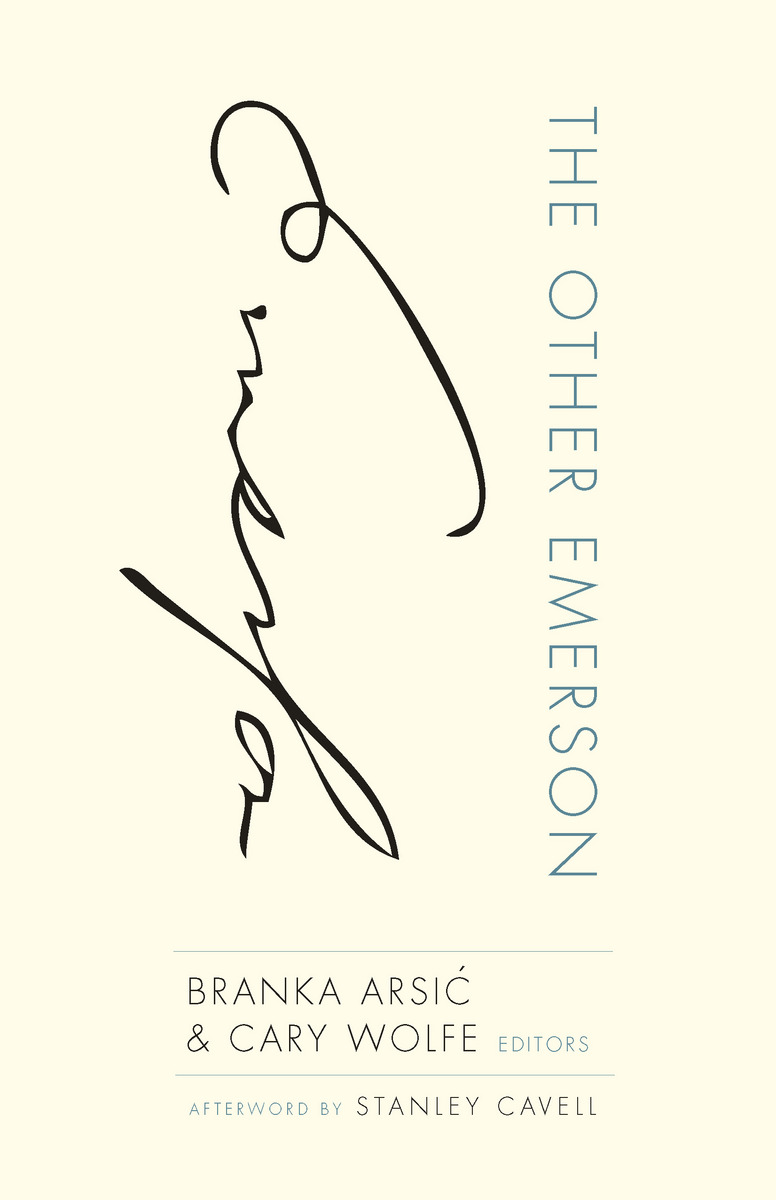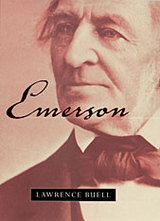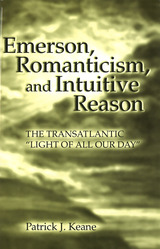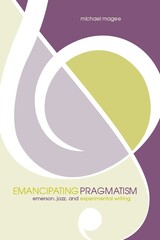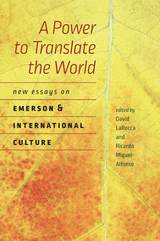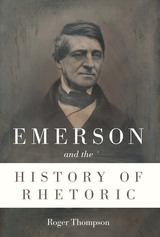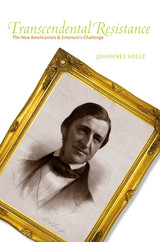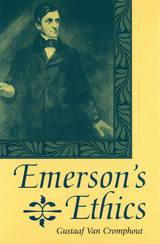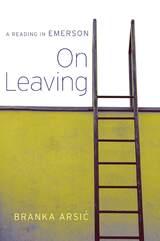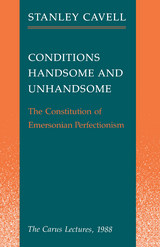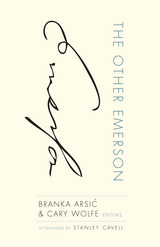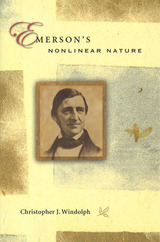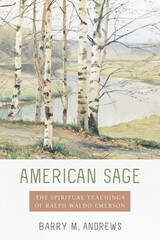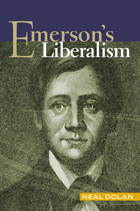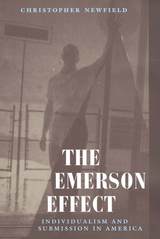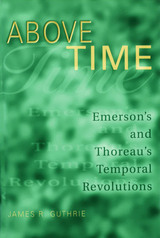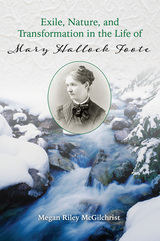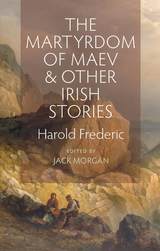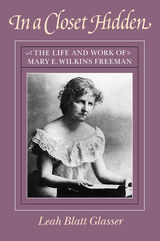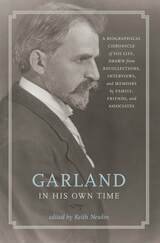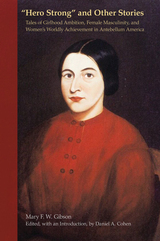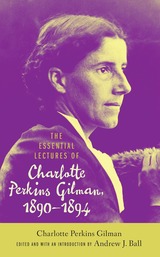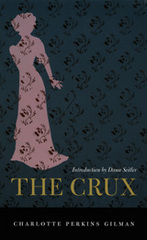The Other Emerson
University of Minnesota Press, 2010
Cloth: 978-0-8166-6747-5 | Paper: 978-0-8166-6748-2
Library of Congress Classification PS1642.P5O86 2010
Dewey Decimal Classification 814.3
Cloth: 978-0-8166-6747-5 | Paper: 978-0-8166-6748-2
Library of Congress Classification PS1642.P5O86 2010
Dewey Decimal Classification 814.3
ABOUT THIS BOOK | AUTHOR BIOGRAPHY | TOC
ABOUT THIS BOOK
Considering Emerson first and foremost as a daring and original thinker, The Other Emerson focuses on three Emersonian subjects-subjectivity, the political, and the nature of philosophy-and range in topic from Emerson's relationships to slavery and mourning to his place in the development of Romanticism as reread by contemporary systems theory. It is Emerson's appreciation of truth's instability that link him to the European philosophical tradition.
Contributors: Eduardo Cadava, Princeton U; Sharon Cameron, Johns Hopkins U; Russell B. Goodman, U of New Mexico; Paul Grimstad, Yale U; Eric Keenaghan, U at Albany, SUNY; Gregg Lambert, Syracuse U; Sandra Laugier, Université de Picardie Jules Verne; Donald Pease, Dartmouth College.
Ralph Waldo Emerson is one of the most significant figures in nineteenth-century American literature and culture-indeed, this collection argues, in the history of philosophy. The Other Emerson is a thorough reassessment of the philosophical underpinnings, theoretical innovations, and ethical and political implications of the prose writings of one of America's most enduring thinkers.
Considering Emerson first and foremost as a daring and original thinker, The Other Emerson focuses on three Emersonian subjects-subjectivity, the political, and the nature of philosophy-and range in topic from Emerson's relationships to slavery and mourning to his place in the development of Romanticism as reread by contemporary systems theory. It is Emerson's appreciation of truth's instability that link him to the European philosophical tradition.
Contributors: Eduardo Cadava, Princeton U; Sharon Cameron, Johns Hopkins U; Russell B. Goodman, U of New Mexico; Paul Grimstad, Yale U; Eric Keenaghan, U at Albany, SUNY; Gregg Lambert, Syracuse U; Sandra Laugier, Université de Picardie Jules Verne; Donald Pease, Dartmouth College.
See other books on: 1803-1882 | Cavell, Stanley | Emerson, Ralph Waldo | Existentialism | Wolfe, Cary
See other titles from University of Minnesota Press
